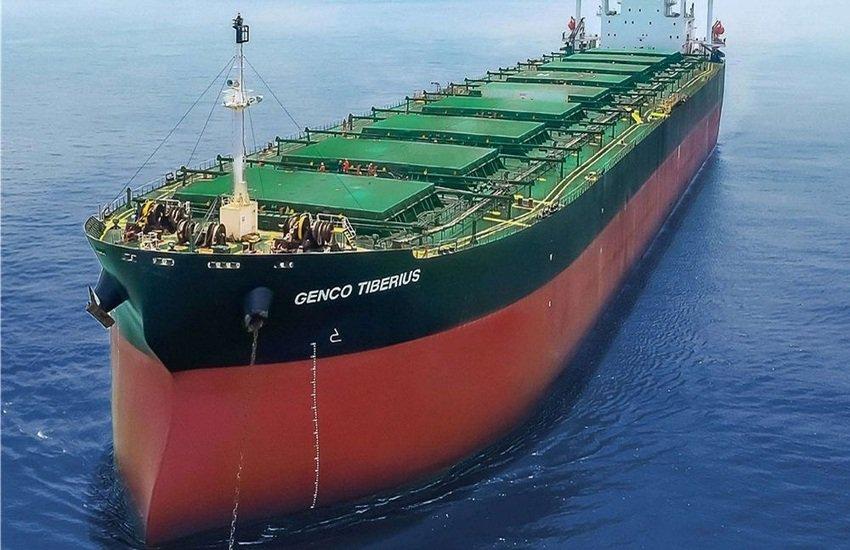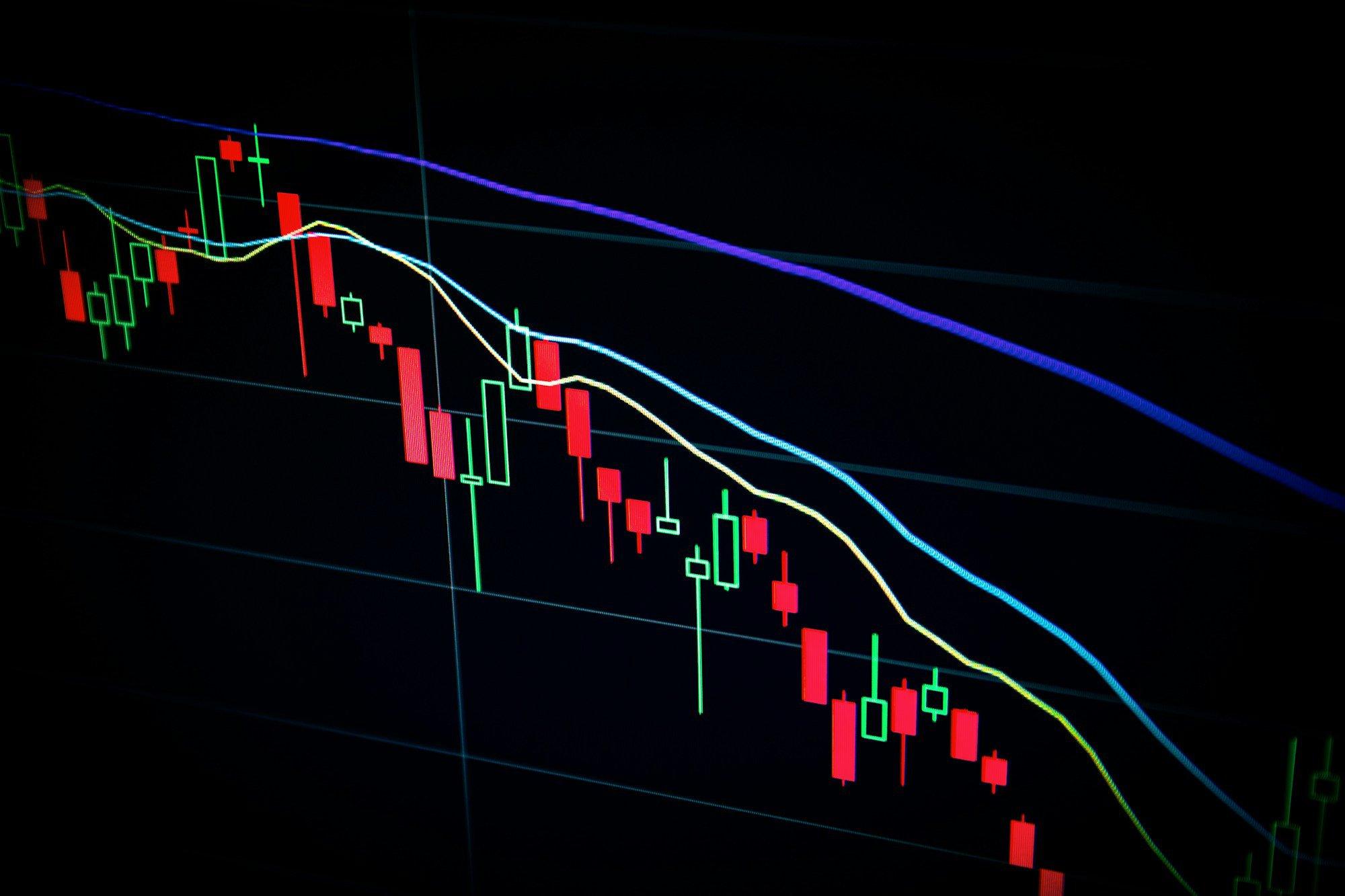Genco Shipping & Trading (NYSE:GNK) has been busy tightening the screws on its balance sheet, fine‑tuning its fleet, and keeping dividends flowing for 25 straight quarters—a streak few small‑cap shipping names can brag about. But the company’s most eyebrow‑raising development of late is its agreement to acquire two 2020‑built, scrubber‑fitted Newcastlemax vessels for $145.5 million. Coming on the heels of its recent Capesize additions, the move signals that Genco sees real opportunity in expanding its footprint in the largest long‑haul dry bulk segment—right as iron ore, bauxite, and grain flows are leaning in their favor. Management has repeatedly emphasized the strategic upside of modern, fuel‑efficient tonnage, particularly as drybulk supply growth remains historically constrained and long‑haul West African volumes—such as Simandou—inch closer to reality. The question now is less about whether Genco can integrate these vessels (it can), but what sorts of synergies and operating upside such Newcastlemax additions could unlock for shareholders across 2026 and beyond.
Operating Leverage & Fleet Upscaling Benefits
Adding modern Newcastlemax vessels slots neatly into Genco’s strategy of leaning into larger‑vessel exposure, where the interplay between ton‑miles and rate sensitivity can meaningfully expand earnings in strengthening markets. Newcastlemax ships—essentially upper‑end Capesizes—sit squarely in the sweet spot of long‑haul iron ore and bauxite trades. That’s precisely where the company has been directing capital, and for good reason: Q4 2025 fixtures for Genco’s Capes are already around $27,000 per day, well above the company’s roughly $9,000 per‑day cash flow breakeven. The addition of young, scrubber‑equipped Newcastlemaxes could give Genco another layer of high‑beta upside whenever rates firm.
On top of that, these vessels slot easily into Genco’s operating ecosystem. The company is already weighted more than 50% toward Capesize revenue contribution, despite Capes representing just 40% of owned vessels. By adding even larger tonnage, Genco amplifies its ability to monetize periods of market tightness, especially when iron ore shipments from Brazil—and soon, West Africa—pick up. With Capesize net fleet growth stuck around 1% and order books at just 9% of the existing fleet, larger vessels are well‑positioned to benefit from constrained supply dynamics, offering natural leverage without requiring additional headcount or operational complexity.
Another small‑cap advantage? Newcastlemax vessels, while large, still fit within standard fleet management frameworks, meaning Genco can extract economies of scale with minimal incremental overhead. Crews, technical support, and commercial operations all mirror existing Capesize processes. That reduces integration friction and supports smoother earnings continuity. These vessels aren’t experimental—they’re upgrades, and upgrades often mean higher efficiency, better fuel performance, and long‑term lower OpEx per ton carried.
Fuel Efficiency, Scrubber Advantages & Sustainability Alignment
Both acquired Newcastlemax vessels come scrubber‑fitted—an increasingly valuable edge as fuel spreads widen. For a small‑cap operator like Genco, that detail matters. Scrubbers allow vessels to burn cheaper high‑sulfur fuel oil while competitors pay up for low‑sulfur fuel, creating an immediate per‑day earnings uplift. During volatile freight windows, these savings compound quickly, especially on long‑haul routes where fuel consumption is highest. With the spread poised to remain structurally elevated amid tightening emissions policies, the scrubber component amplifies earnings resilience without requiring a new technological learning curve.
There’s also the ESG‑adjacent angle. While “green shipping” can feel like buzzword territory for small‑caps, fuel‑efficient vessels are practical tools, not marketing props. These 2020‑built Newcastlemax ships are modern, IMO‑compliant, and better aligned with evolving efficiency indices—an increasingly important factor as charterers, particularly miners, become more selective in their fleet partners. Genco has already signaled that young, fuel‑efficient assets are the backbone of its fleet renewal program, and this acquisition fits lockstep within that philosophy.
Overlay that with the company’s low cash flow breakeven—among the lowest in the industry—and the synergy becomes clearer: efficient vessels help Genco maintain profitability deeper into downturns. Even if freight markets retrench, the scrubber‑fitted Newcastlemax vessels would likely outperform older peers on a cash‑on‑cash basis. That’s strategic insulation at a time when volatility remains a built‑in feature of dry bulk markets, not an anomaly.
Strengthening Long-Haul Exposure From Brazil & West Africa
Genco’s management has repeatedly discussed the powerful demand uplift expected from Brazil and West Africa—the latter anchored by Simandou, one of the most anticipated iron ore developments in decades. While meaningful tonnage isn’t expected until late 2025 or 2026, the early groundwork is being laid now. Meaningfully, the project could absorb over 200 Capesize‑class vessels, more than the entire newbuilding order book. Adding two Newcastlemax vessels before Simandou’s volume curve ramps places Genco in a position to capture these flows early, and from a position of scale rather than catch‑up.
Newcastlemax vessels are designed for exactly this kind of long‑haul trade. Brazilian iron ore exporters have already been shipping at near‑record levels in 2025, with Vale registering its highest quarterly production since 2018. When you combine these conditions with China’s restocking behavior—which contributed to a 6% year‑over‑year increase in iron ore imports during Q3—the value of larger vessels becomes intuitive. Long‑haul shipments generate more ton‑miles, the core revenue driver in the drybulk universe, and Newcastlemax vessels sit at that intersection of volume efficiency and route suitability.
For Genco, the synergy is not just about earning more per voyage; it’s about strengthening the company’s strategic positioning in the most structurally advantaged trade lanes. With global drybulk supply growth effectively capped—older ships are aging into retirement just as order books remain low—the vessels that can service emerging long‑haul corridors stand to benefit disproportionately. Genco’s move to expand its big‑ship footprint may help the company maintain relevance and scale as trade routes evolve, especially as China diversifies sourcing and new exporters adopt long‑distance shipping patterns.
Balance Sheet Flexibility, Dividend Stability & Capital Efficiency
One of Genco’s standout features—particularly for a small‑cap—is its unusually conservative balance sheet. Net loan‑to‑value sits around 12% pro forma for the Capesize delivered in October, and revolver availability approaches $430 million. This provides uncommon flexibility for a company its size. The Newcastlemax acquisition can be funded through a combination of cash on hand and revolver drawdowns, without jeopardizing the dividend framework or raising leverage to uncomfortable levels. That is not typical in shipping, where debt‑powered fleet expansion is often the norm.
The synergy here lies in capital efficiency. Genco designed its dividend formula to distribute cash flows while reserving room for growth and deleveraging. Despite heavy drydocking activity in 2025, the company continued its 25‑quarter dividend streak and even adjusted its voluntary reserve downward to maintain a $0.15 payout. Newcastlemax vessels—if timed well with strong iron ore‑driven freight markets—can contribute incremental EBITDA that helps maintain this balance. With Q4 TCEs already above $20,000 per day and cash breakeven under $10,000, each high‑earning voyage builds padding for future distributions and reinvestments.
Another synergy: the company’s full revolving credit facility gives it the option to toggle between paying down debt and pursuing vessel additions without sacrificing liquidity. The small‑cap shipping space rarely offers this kind of optionality. If freight markets tighten, the Newcastlemaxes could accelerate deleveraging. If markets soften, Genco’s breakeven and efficiency advantages may help preserve cash while still meeting obligations. Either scenario underscores the benefit of embedding modern, high‑earning vessels into a strategy built on disciplined capital allocation.
Final Thoughts

Source: Yahoo Finance
We can see how Genco’s stock has surged since June and after a rough phase in October, there has been a resurgence in November. The news of acquiring Newcastlemax vessels has only benefitted their market perception. Genco’s trailing valuation multiples reflect a mixed picture: LTM EV/EBITDA sits near 14x, well above earlier‑year levels, while its LTM EV/Revenue of 2.54x and P/S of 2.32x place it in a middle ground—neither distressed nor aggressively cheap. Any acquisition decision sits atop this valuation backdrop, where investors may weigh the benefits of expanding high‑beta capacity against the cyclical realities of drybulk markets. Overall, we believe that this deal makes a lot of sense but its earnings contribution will remain tied to global trade flows, China’s iron ore policies, and the pace of West African export development.












